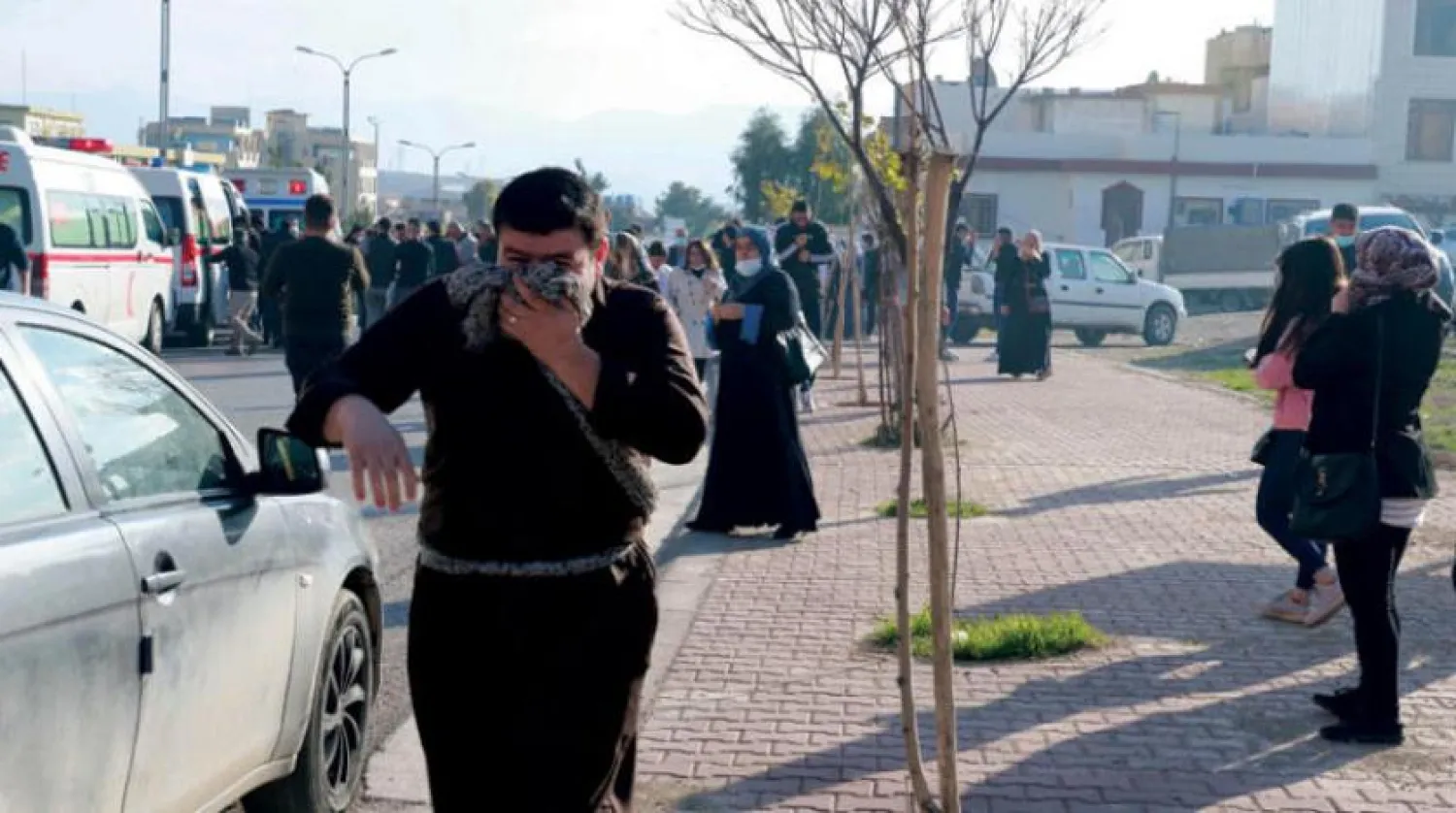Parliamentary pressure is building against the government of Iraqi Prime Minister Mustafa al-Kadhimi over allegations that the country’s borrowing law has been violated. This coincides with Kurdish officials going into fierce negotiations with Baghdad to acquire much needed funds to dispense unpaid public sector workers.
Headed by Kurdistan Region Deputy Prime Minister Qubad Talabani, the Kurdish delegation has been in Baghdad since Thursday in pursuit of a settlement to the financial disagreements between Erbil and Baghdad.
The Kurdish delegation met on Sunday with Finance Minister Ali Allawi, Oil Minister Ihsan Abdul Jabbar and officials from Iraq’s State Organization for Marketing of Oil (SOMO).
Implementing the new budget deficit law, they attempted to estimate the value of oil produced in the Kurdistan region and determining non-oil revenues.
Even though Iraqi blocs at the parliament passed the budget deficit law last month without the Kurds, the Kurdistan Regional Government (KRG) has agreed to fully comply with it in order to show goodwill in its negotiations with Baghdad, and leave no excuses for the federal government.
Talabani’s spokesperson Samir Hawrami said the KRG wants an agreement with Baghdad and will implement all its constitutional obligations to that end.
“The amount of oil exported from the Kurdistan region and the total non-oil imports will be determined according to the law on financing the budget deficit approved by the Iraqi parliament,” Hawrami said on deciding the KRG’s share of state funds.
The delegation’s visit to Baghdad is taking place against the backdrop of raging public protests sweeping the Sulaymaniyah province and other parts of the Kurdish region.
The demonstrations have been triggered by civil servants who haven’t received their salaries for months now.
Pressured by riots, the KRG was forced to show great flexibility in negotiations with Baghdad, especially with respect to the financial borrowing law which was rejected by Kurdish lawmakers.









